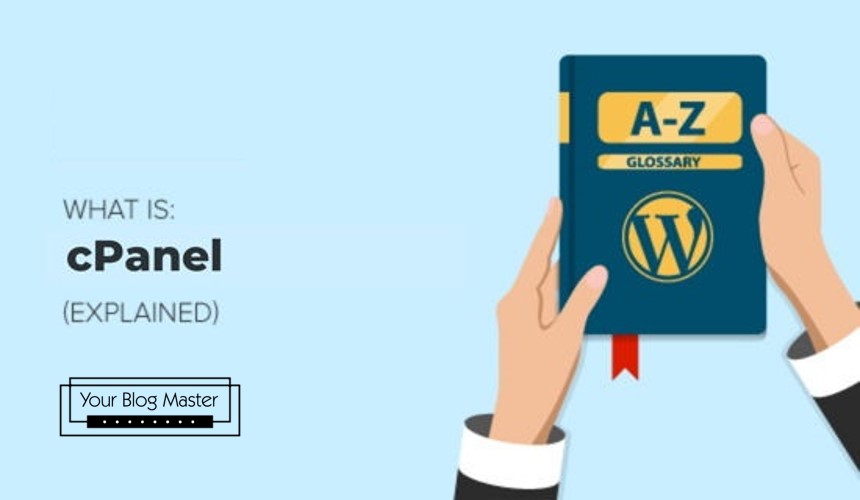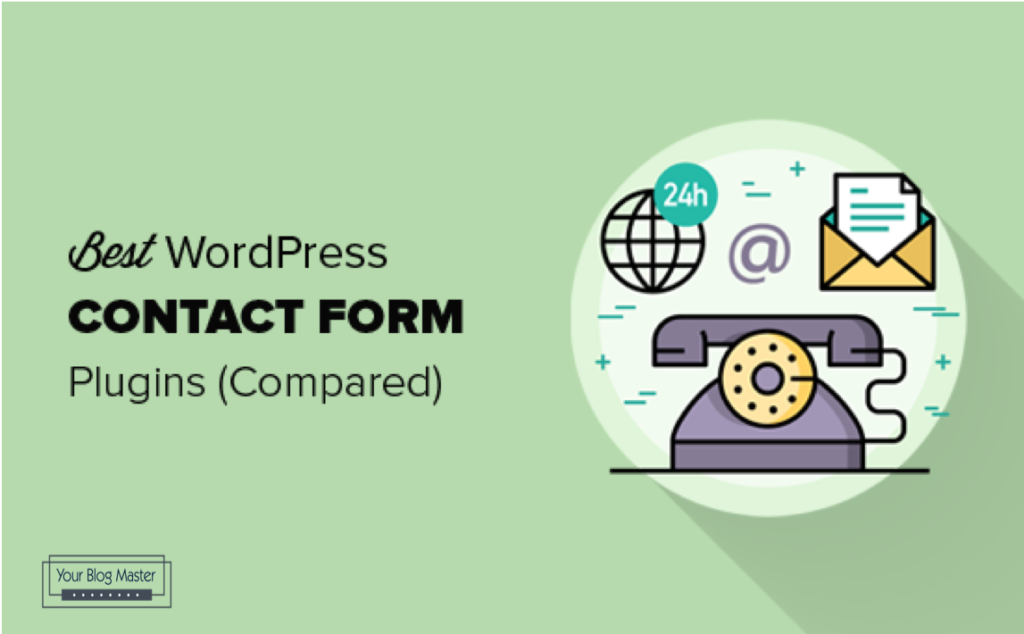One of the most frequently asked questions by our users is, “Do I have to pay to use WordPress?” We inform them that WordPress is a free and open source software, which has always been swiftly followed by the question, “Why is WordPress Free?”
In this article, we will look at why WordPress is free, how much it costs to run a WordPress site, and what the catch is.
WordPress is free and open source software. It is free in the sense of liberty, not free beer. What is the distinction between these two?
You can use, modify, build upon, and redistribute open source software in any way you want without paying any fees.
Other costs, however, may be incurred. Later in this article, we’ll go over the costs of using the open source WordPress software.
Why isn’t WordPress sold as a piece of software?
Why don’t the people and companies who created WordPress sell it? If WordPress is as good as everyone claims, they would obviously make a lot more money if they sold it.
If WordPress was owned by a single company or individual, this statement would be correct.
WordPress is an open source community project that has benefited from the contributions of tens of thousands of talented individuals who have helped shape it into the great software that it is today.
The project is led by a core team of developers, but anyone can contribute patches, fix bugs, create features, suggest features, and so on.
Furthermore, project managers switch from one version to the next. If you become deeply involved in the community, you can also become a core contributor to WordPress.
The Open Source Software Philosophy
The Open Source software movement’s philosophy is that software is not like other tangible products. Once a piece of software is created, it can be copied numerous times at a low cost.
Consider the case of a toy factory. Each toy is made up of various parts, each of which has a cost. The factory can calculate the manufacturing cost of these parts to determine a reasonable profit margin for the product.
On the other hand, the cost of developing software and replicating it is not the same. Some people believe that as more copies are sold, the software’s profit margin becomes more lopsided.
Check out GNU’s Philosophy to learn more about open source software ideals.
How Do WordPress Users Make Money?
Products and services based on open source software are the two most profitable parts of any open source software.
People frequently mix up WordPress and WordPress.com, but they are not the same thing. WordPress is a free blogging platform and website builder (also known as self-hosted WordPress or WordPress.org).
Matt Mullenweg, a co-founder of WordPress, founded Automattic, which offers “restricted” free blog hosting at WordPress.com, with the option to pay/upgrade to unlock features and remove ads.
However, in order to access all of WordPress’s features, you must upgrade to a paid plan. For example, you cannot create an online store with WordPress.com unless you pay for the eCommerce plan, which begins at $45 per month.
Over $600 million in funding has been raised by Automattic. (Source)
Some developers have gone further to build multi-million dollar businesses based on WordPress by developing commercial plugins, commercial themes, or even being able to offer WordPress hosting.
Here are a few examples of multi-million dollar WordPress businesses:
- WPEngine is a managed WordPress hosting company that has raised more than $290 million in funding and now owns StudioPress commercial themes.
- Awesome Motive, led by Syed Balkhi, is another multi-million dollar WordPress-based company. Yourblogmaster, OptinMonster, WPForms, MonsterInsights, SeedProd, AIOSEO, Smash Balloon, and other popular WordPress plugins are managed by the company.
- ElegantThemes is a multi-million dollar theme company that created the popular drag-and-drop page builder Divi as well as several other plugins.
A good WordPress developer or consultant can also earn a comfortable full-time income by creating custom websites, applications, and plugins for their clients. Many of them earn more than six figures per year on their own.
Is WordPress’s copyright unrestricted?
No, WordPress is not free of copyright. It is licenced in such a way that anyone can use it, but any contributions made to the software are copyrighted.
It is licenced under the GNU General Public License, so you are free to use, modify, and redistribute the code. You will have the copyright to any changes you make to the software, but not to the entire code.
Any derivative work you release or distribute must also be licenced under the GPL. Although you have the copyright to do whatever you want, your derivative work automatically inherits the GPL licence, allowing others to use, modify, and redistribute your code in any way they see fit.
Is this to say that all premium WordPress themes and plugins are GPL-licensed?
Themes, according to an official blog post on WordPress.org, are also GPL. Images, CSS, and Javascript used within themes and plugins can be excluded, but all PHP and HTML parts of themes and plugins heavily rely on WordPress functionality and are thus licenced under GPL.
While some may disagree, the majority of trusted WordPress businesses follow and abide by the community guidelines.
Does the GPL also apply to WordPress content?
No, you are free to licence your content in any way you see fit. Unless the content you are publishing is a fork of WordPress or another GPL-licensed work.
For example, if you share your articles, photos, or other artwork on your blog, you own the full copyright to them.
However, if you write a blog post with examples showing people how to use a WordPress function, that blog post may be licenced differently. The code used in the examples is a derivative work that automatically inherits the GPL licence.
WordPress’s Trademark
The WordPress software code is GPL-licensed, but the words WordPress, WordCamp, and the WordPress logo are registered trademarks of the WordPress Foundation.
To distinguish between official and community-run sites and resources, the Foundation requests that people refrain from using the word “WordPress” in their domain name.
This is why our website is called Yourblogmaster rather than WordPressBeginner. Any website, training course, or resource with WordPress in the domain name is most likely run by someone who is inexperienced with WordPress. This means you should probably not give them any of your money 🙂
Most legitimate WordPress-based businesses are aware of the trademark policies and follow them.
WordPress costs money to use.
WordPress is a free software that you can download and use. To use WordPress on the web, however, you will require WordPress Hosting.
You can create a free blog with WordPress.com, but there are some differences. For more information, see our WordPress.com vs. WordPress.org comparison.
The cost of using WordPress is relatively low, and the same is true for running any other type of website. The only real expenses are web hosting ($7.99 per month) and a domain name ($14 per year).
Yourblogmaster users, on the other hand, can get a free domain name and 60% off web hosting from Bluehost, which means you can start a website for as little as $2.75 per month. Bluehost is a WordPress hosting provider that is officially recommended.
Commercial WordPress themes, also known as premium WordPress themes, may incur additional costs. You are not required to use those, however, because there are over 6000+ free WordPress themes available.
Commercial plugins are frequently used, but you are not required to use them because there are over 58,000 free WordPress plugins available.
We hope this article answered your questions about WordPress licencing, the costs of running a WordPress site, and the WordPress business.
If you liked this post, please find and follow us on Instagram, Twitter and Facebook.








